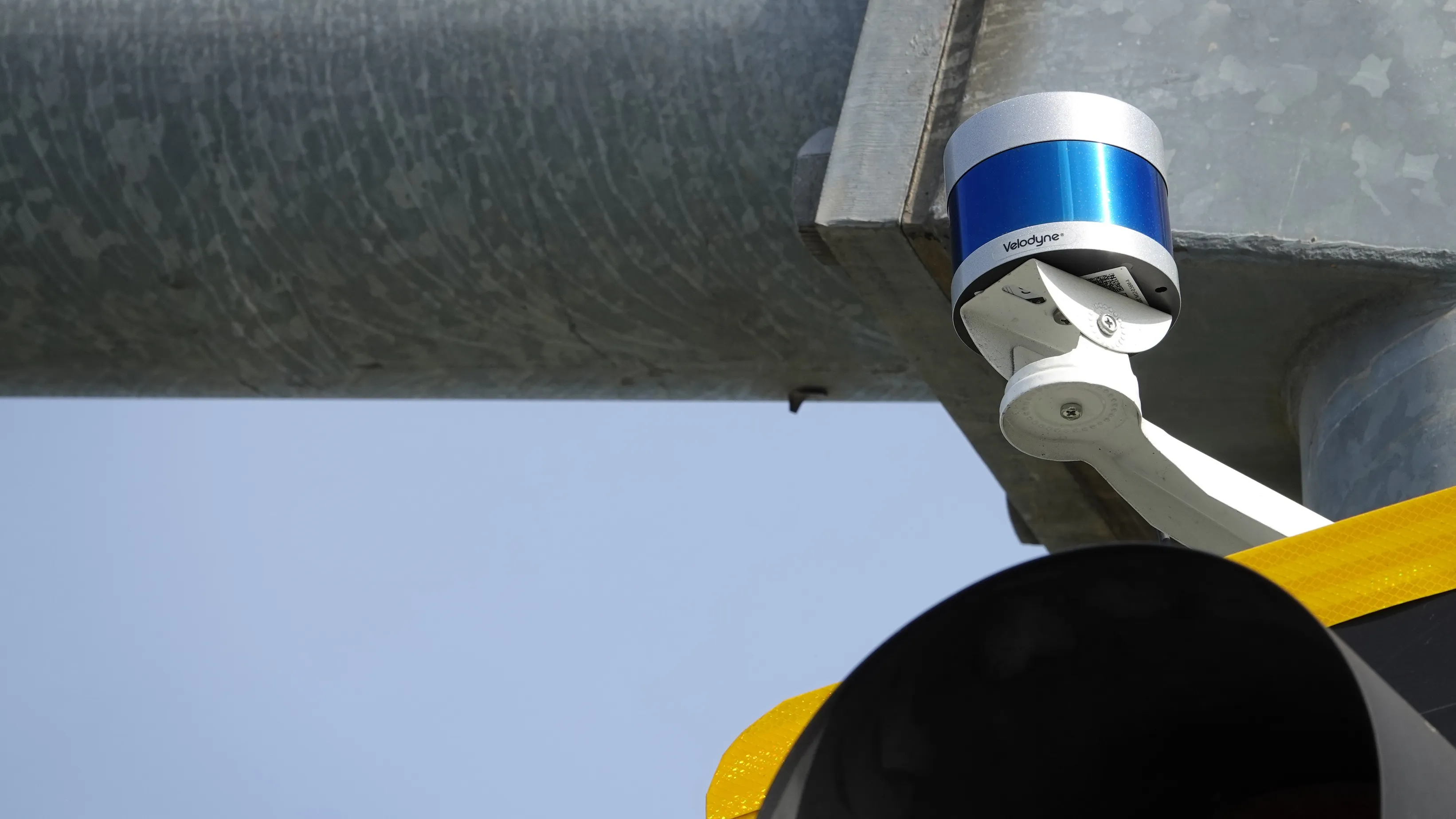GE has announced it will purchase 25,000 electric vehicles by 2015 for its own fleet and through its Capital Fleet Services business - the largest-ever single electric vehicle commitment.
March 2, 2012
Read time: 2 mins

The company will convert at least half of its 30,000 global fleet and will partner with fleet customers to deploy a total of 25,000 electric vehicles by 2015. GE will initially purchase 12,000
GE owns one of the world’s largest fleets, operates a leading global fleet management business, and offers a portfolio of product solutions including charging stations, circuit protection equipment and transformers that touch every part of electric vehicle infrastructure development. This enables the company to lead wide-scale electric vehicle adoption and generate growth for its businesses.
“Electric vehicle technology is real and ready for deployment and we are embracing the transformation with partners like GM and our fleet customers,” said GE chairman and CEO Jeff Immelt. “By electrifying our own fleet, we will accelerate the adoption curve, drive scale, and move electric vehicles from anticipation to action.
“We make technology that touches every point of the electric vehicle infrastructure and are leading the transformation to a smarter electrical grid,” Immelt said. “This transformation will be good for our businesses and for our shareowners. Wide-scale adoption of electric vehicles will also drive clean energy innovation, strengthen energy security and deliver economic value.”









